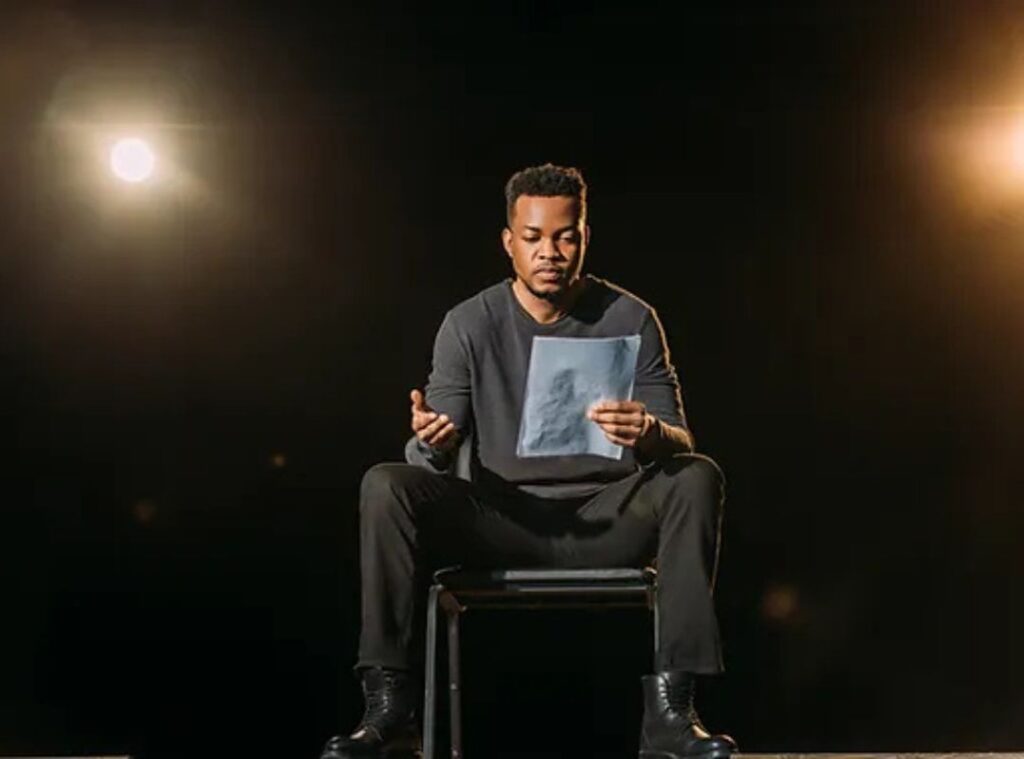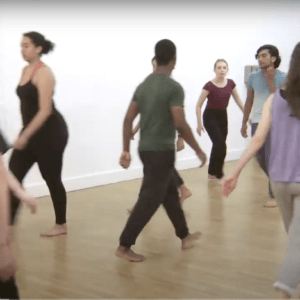What to Expect
You will be given a 15 minute time slot for your audition. Please arrive 15 minutes before your scheduled audition time. Arriving early also gives you time to relax and focus and not feel rushed.
Please come dressed for movement. This means you should dress in clothes that are comfortable and will not impede your movement, but still be neat, clean and nice looking. (Please, no flip-flops, boots, high heels, wheeled shoes, etc. Sturdy shoes that stay on your feet are a must).
You will be auditioning for up to 4 people who are directors or part of the production team. When you enter the audition room:
- Introduce yourself – When you walk into the audition room, tell us your name and the role(s) you are auditioning for. This makes a good first impression.
- Ask where to look during your audition – Ask the directors whether they prefer you to look directly at them during your audition or not. There is no standard, this is a matter of preference. If they ask you not to look at them, then look over their heads towards the back of the room.
- Take direction – The director may give you various directions as you audition– for instance, “open up more,” or “try acting this section as though…” Take the direction! No matter how outlandish it may seem, the director has a purpose for asking, and showing you can do as they ask on demand is a plus. It’s also possible the director may cut you off part way through your piece. This is not a bad thing, it just means that they have seen what they need to see.
- Mistakes happen – If you make a mistake, we ecourage you not to apologize. Why? Because the audition panel may not have even noticed a mistake. It’s best to keep moving along with your audition as if nothing happened.
- Ask questions if you’re unsure – Everyone is coming from different backgrounds and levels of experience. We welcome folks that are new to theatre and encourage you to ask questions and seek clarity.
- It’s OK to be nervous – Just about everyone is nervous. Do your best to smile, breathe, stay relaxed and have a good time.
The director(s) will ask questions to learn more about you or get clarity on something you shared in your audition registration form. It is essential that you answer all of these questions truthfully so that everyone involved is set up for success. Be prepared to answer questions such as:
- What is your availability for rehearsals? Please be prepared to provide any dates you are not available as this helps with scheduling if you are cast. We can work around minor conflicts, which is why it is important to list all known conflicts ahead of time. Actors must be available for all performances. If you have a conflict with a performance date, please do not audition.
- Expectations regarding casting: Are you auditioning for a specific role? Are you willing to accept a role besides this one? Are you comfortable being cast as the opposite gender?
- Are you comfortable with stage intimacy (e.g. kissing) and/or stage combat/violence (e.g. choreographed fighting)?
What to Prepare
We will send you a few pages from the script, called sides, to prepare for your audition. Sides are brief scenes from a script that actors use for auditions. They’re usually at least a couple of pages long and are pulled from the play.
You are not expected to memorize the sides, but you should be familiar with the material provided.
Here are some tips for preparing for your in-person audition using sides:
- Read the sides: Read the sides completely, including all directions and stage directions. This helps you understand the scene and the tone, and identify your character’s traits.
- Analyze the sides: Look for clues in the text and subtext. For example, if the character’s name is in all caps, it might be the beginning of the character’s development or the story.
- Make decisions: Consider your first impressions and make decisions about your character that aren’t dictated in the sides.
- Practice: Practice reading relaxed while sitting, standing, and walking. Notice if you are holding body parst tightly or stiffly (e.g. shoulders, hands, neck, jaw, toes) and try to keep your body relaxed and at ease. Perform simple tasks while reading. You’ll be doing the same when auditioning or rehearsing. Avoid repeated gestures or any specific gesturing at all.
- Bring the sides: Always bring the sides and refer to them if necessary.
- Don’t over-rehearse: Don’t over-rehearse your dialogue. While it is important to be prepared and make strong choices with the material, you must not be so attached to your choices that you can’t take direction during the audition.
- In the waiting room: In the waiting room, there is time to settle in, remove outerwear like jackets, take some calming breaths, and review your audition material.
You have the option of additionally presenting a short (~1 minute) monologue. A monologue is not required but if you have something already prepared that you feel showcases your ability then we are happy to see it. If you prefer not to do a monologue that is 100% fine with us.
We look forward to seeing you at the next audition and welcoming you into the Pine Tree Players family.







